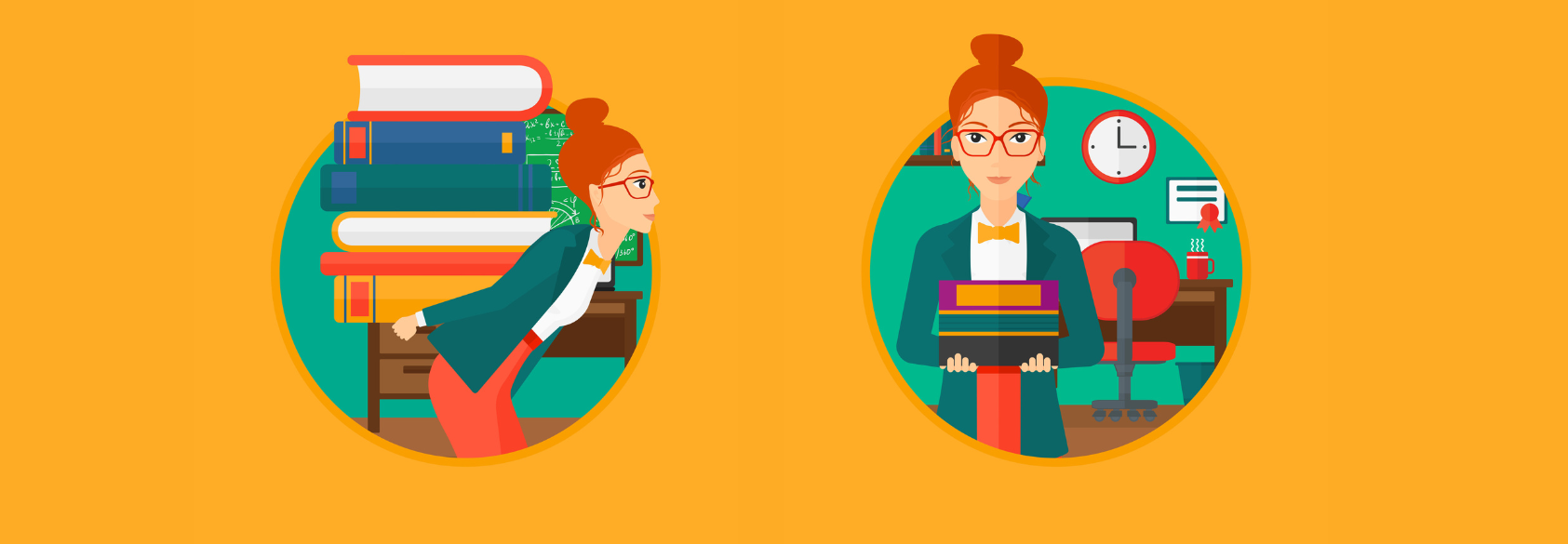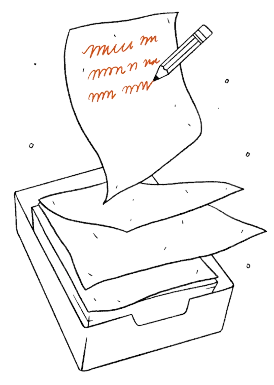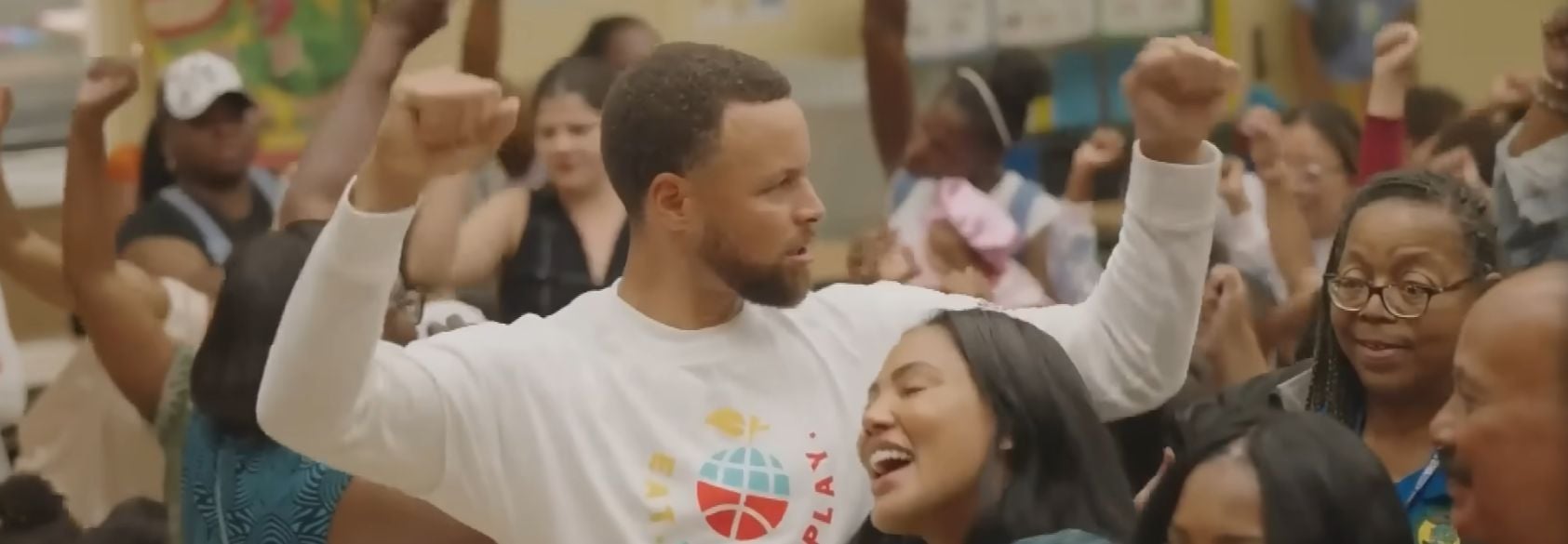In 2021, I lost my dad, my brother and my brother-in-law within three months of each other. None of those losses were from COVID-19, but since they happened then, there wasn’t closure and mourning in the ways we are used to. Did I mention that an unlicensed driver ran a red light and totaled my car while I was leaving the hospital? Or, that my role as union president was all encompassing while trying to deal with some serious issues in my district? My backpack wasn’t only heavy, I needed to hand it off to someone else or at least set it down for a bit.
If you know me at all, you know I don’t sit things out, I love challenges, and I am very good at compartmentalizing my personal problems while out in the world. Yet, thanks to many of my union members, I was allowed to slip that backpack off for a little while and catch my breath. I don’t know who started it that summer, but there were a few weeks when I’d go to the mailbox and there’d be thoughtful cards, funny notes, gift cards to my favorite restaurants, and even a spa treatment. An edible arrangement, beautiful windchimes, and flowers were all dropped off on my porch, and I never found out who sent them. I have never before, and maybe never again, will feel the relief of others carrying my backpack for me like that or simply making me put it down for a bit. In these trying times, we must allow others to help us—to give them that chance to do good-—without feeling weak. Instead, once we catch our breath, we should look around and help someone else whose backpack is too heavy. We can, and should, lighten each other’s load.

Taylor Ann Gonzalez’s blog “Unpacking Teachers’ Invisible Backpacks” is a thought-provoking piece that examines how teachers may actually have difficulty fulfilling Maslow’s Hierarchy of Needs. Surprised? She challenges us to think carefully and ask ourselves if we know the answers to these questions:
- When are you eating all your meals?
- When are you able to use the restroom?
- When are you able to sleep and for how long?
- When can you access potable water?
I loved this blog because I think we often forget that we have needs! I am going to “bounce back” by consciously paying attention to myself. What are my needs? How far can I stretch without breaking? When can I help others? I’d love to hear how you “bounce back” from difficult times as a teacher.












